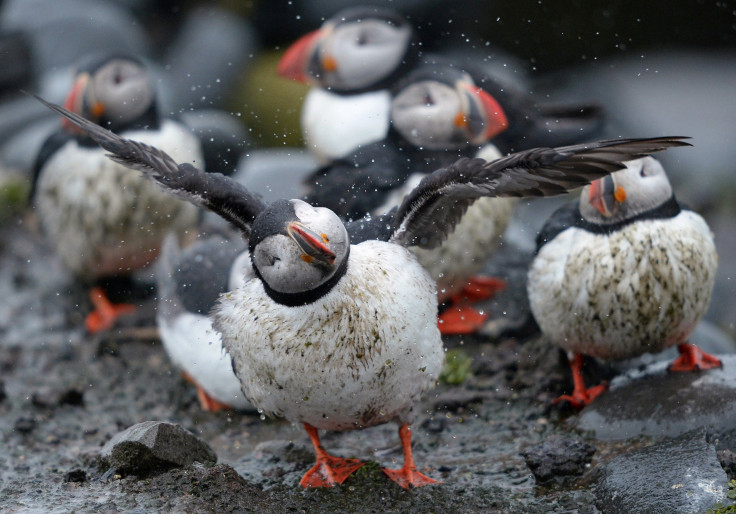British Government to create marine reserve almost the size of UK

The British government is set to create a marine reserve almost the size of the U.K. in the waters of Ascension Island in the South Atlantic. The charity Blue Marine Foundation announced over half of the protected area will be closed to fishing and the other will be protected and monitored through a grant of 300,000 pounds (approx. AU$452,000) from the charitable body Louis Bacon Foundation.
Blue Marine said in a press release the reserve will be monitored with a “belt and braces” approach using a satellite and a patrol vessel to protect it from illegal unreported and unregulated vessels.
In the north of Ascension Island, where commercial fishing will be allowed, the government is implementing a total ban on shark finning and catch restrictions on vulnerable shark species. Fishing vessels will be required to use de-hookers and dip nets to free incidentally caught sharks, as well as seabirds and turtles.
“The economic benefit from the fishery has provided much-needed income for the island,” said Dr Judith Brown, director of fisheries and marine conservation for Ascension Island government. “This donation will help fund the enforcement to protect the closed area from illegal fishing.”
Formal designation of the island as a marine reserve is expected in 2017, which could be the latest reserve to be declared around remote islands. It will increase the marine conservation zones across the world to about 2 per cent of the ocean.
The Ascension Island marine reserve is considered to have some of the largest marlin in the world, largest colonies of tropical seabirds, one of the largest populations of green turtles, and its own unique frigate bird. It will cover a total of 234,291 sq km, slightly smaller than the UK.
Since 2014, all or parts of Ascension's waters are being campaigned for the designation by the Great British Oceans Coalition, which includes the Blue Marine Foundation, the BBC reports.
“Ascension has been at the frontiers of science since Charles Darwin went there in the 19th Century, so it is entirely appropriate that it is now at the centre of a great scientific effort to design the Atlantic's largest marine reserve,” said Charles Clover, chairman of Blue Marine Foundation.
Prior to the plan for Ascension Island, other governments across the globe have already designated other marine parks for ocean conservation, including areas in Palau in the North Pacific, Easter Island and Pitcairn in the South Pacific, and New Zealand's Kermadec islands.





















